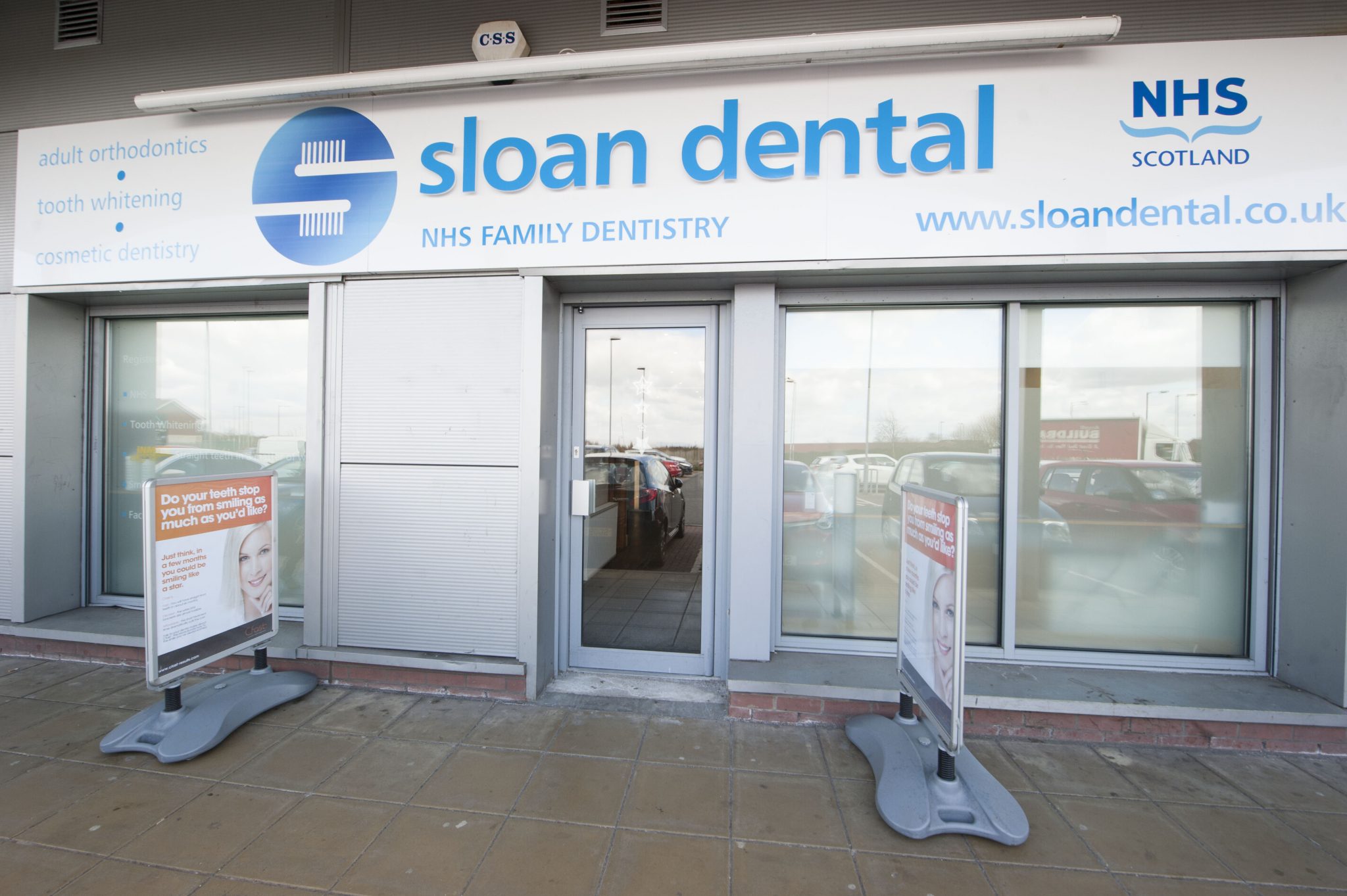How much sugar do you think you eat every day? A lot of adults think their sugar intake is a lot lower than it actually is. If you don’t eat sweets, cake or chocolate and you don’t add sugar to your tea or coffee, you’ll probably assume that your sugar intake is very low.
But if you regularly add condiments to your food, you could be eating a lot more sugar than you know. This is bad news for your teeth in more ways than one. These sugary condiments can also contain staining compounds, which means you’ll want to avoid eating them after tooth whitening.
Why is sugar bad for teeth?
From a young age, we’re told that sugar is bad for our teeth. But how many adults actually understand why it’s bad for their teeth? Here’s a really simple explanation:
When you eat sugary foods and drinks, the plaque bacteria in your mouth convert the sugar into acids that attack your enamel. The enamel is the hard surface of your tooth that protects the softer material below. Once the enamel is gone, there is no way to get it back. Once the enamel is eroded away, your teeth are at risk of decay which can lead to cavities.
Saliva helps to neutralise the acid, but it isn’t always effective. Eating sugar with your main meal is better because your body produces more saliva to digest your food. But snacking on sugary treats between meals will not produce enough saliva to protect your teeth. Brushing after a sweet treat or chewing sugar-free gum can also help to protect your teeth.
Are condiments high in sugar?
Yes, many condiments are very high in sugar. This is not only bad for your teeth, but can also be bad for your health.
- Adults should typically have no more than 30g of sugar per day. This is around 7 cubes of sugar.
- Children between the ages of 7 and 10 should have no more than 24g of sugar per day or around 6 cubes of sugar.
- Between the ages of 4 and 6, sugar should be limited to 19g per day or 5 sugar cubes.
- And under the age of 4, it’s generally advised to avoid sugar-sweetened food and drink altogether.
Some of your favourite condiments could contain as much as 4 grams of sugar in one tablespoon. Let’s explore the sugar content of some of your favourite continents:
How much sugar is in ketchup?
Sugar is one of the worst offenders. It typically contains around 4 grams of sugar in a single tablespoon. If you regularly exceed this amount of ketchup in a single serving, you could easily enjoy your daily sugar intake without noticing. As it contains tomatoes, ketchup is also slightly acidic. This means it can damage your enamel and leave stains. It is best avoided after teeth whitening.
Simple swap: Look for low-sugar ketchup or switch to mustard for a sugar-free alternative.
How much sugar is in sriracha?
This trusty hot sauce might be low in calories, but it is very high in sugar. A teaspoon of sriracha contains 1g of sugar, and most people will admit to using far more than a single teaspoon per serving. Sriracha is also acidic and may stain your teeth, particularly after teeth whitening.
Simple swap: Try a hot sauce like Cholula, Tabasco or Frank’s for a sugar-free alternative.
How much sugar is in barbecue sauce?
A 15g serving of Heinz classic barbecue sauce contains 4.3g of sugar. Barbecue sauce often contains dark sugar and molasses that help to give barbecued food a sticky glaze. This sticky glaze will also stick to your teeth and stain.
Simple swap: Look for a sugar-free barbecue sauce or try making your own!
How much sugar is in mayonnaise?
Mayonnaise is low in sugar compared to the other condiments. Hellmann’s Real Mayonnaise contains less than 0.5g of sugar per serving. While it might have less sugar, it also contains lemon juice which makes it more acidic. However, as it is light in colour, it is less likely to stain your teeth.
What is the healthiest condiment?
If you want to load up your plate with delicious food and serve it with a condiment on the side, it’s important to remember that all things are fine – in moderation. You don’t have to cut out ketchup, hot sauce or barbecue sauce entirely.
Simply be aware of the sugar content when you are adding it to your plate. Look for low sugar variations where possible, or try your hand at making your own sauces. If you can’t brush your teeth, chewing sugar-free gum after a meal can also help keep your teeth clean.
Another simple way to protect your oral health is with regular dental checkups. Get in touch with Sloan Dental to book your appointment.



